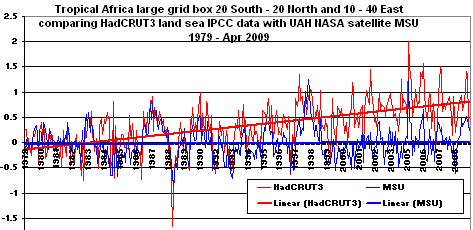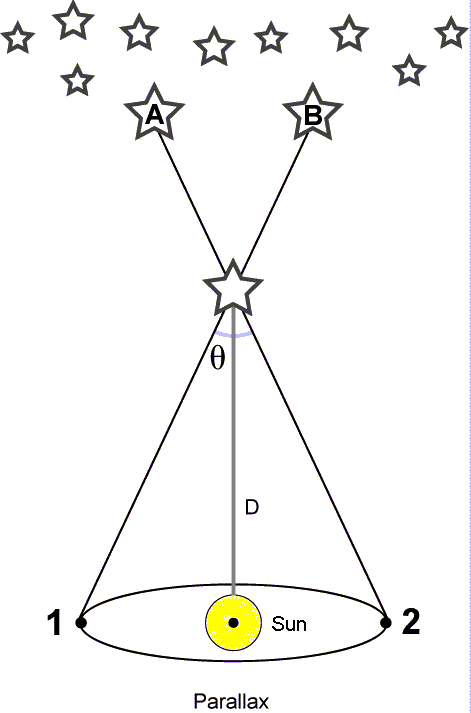I have been repeatedly asked to weigh in on back-and-forth claims regarding
NIWA, New Zealand's National Insitute of Water and Atmospheric Research. This is flattering--I've always wanted SOMEBODY to ask my opinion on something I know nothing about. But it does mean I now need to do some research. I may as well do it here where I can invite comments from people who may actually know stuff.
WHAT IS NIWA?
First of all, NIWA is into
aquaculture--a subject that I'm dreaming about in my spare time. Anything I may have to say that is critical about specific programs and people should NOT be construed to think I oppose NIWA as a whole, any more than critical statements I might make about NASA should suggest that I've ever been anything but a radical NASA fan. But this post is about a current controversy, not decades of fine service to humanity.
NIWA operates the
National Climate Database, which I will refer to as CliFlo, which does the following:
The climate database holds data from about 6500 climate stations which have been operating for various periods since the earliest observations were made in the year 1850. The database continues to receive data from over 600 stations that are currently operating.
CliFlo returns raw data and statistical summaries. Raw data include ten minute, hourly and daily frequencies. Statistical data include about eighty different types of monthly and annual statistics and six types of thirty−year normals.
Clearly, this is the kind of raw data that makes a big difference in determining whether our global temperature measurements are valid. I can understand why people would want to make sure that thermometers are properly placed. The questions are (a) who decides what constitutes "proper placement" and (b) how much access do skeptics have to the raw data?
Before I say ANYTHING one way or the other on this issue--I'd prefer a world in which all raw data is always available. That would allow "deniers" to manipulate the data if they want to, but it would make it easy for mainstream scientists to present their arguments rebutting such claims. It makes for a messy and noisy process, but it's consistent with our deep commitments to the scientific method.
The CliFLo data has an
end user license agreement which I have read and agree with. Looks pretty straightforward. The user control panel allows for curl requests, which I've used in various PHP routines. I'll have to think about whether I really want to sign up, log in, and start playing with datasets... but it's probably a good way to come up to speed on all this.
WHY IS NIWA UNDER FIRE?
It seems that the controversy is the result of NIWA's attempt to "stitch together" surface measurements over time. The ideal results would come from a thermometer that stays in the same location under unchanged circumstances forever, but humans keep spreading out and changing things. That means that building a long-term database of surface measurements is going to require some judgment calls.
If you're confident of your climatology, you can make those adjustments pretty confidently. That enables you to create much longer-term databases, which give you more reason to trust your climatology. Which is great--as long as you're right.
One of the problems I'm most concerned about is the "Urban Heat Island" (UHI) problem, which IPCC has dismissed as a problem on the basis of a paper by Wang, who was subsequently investigated for fraud and cleared in a very questionable, private, non-standard academic proceeding. If UHI is a real problem, our surface temperature measurements could be way off. If NIWA relies on Wang's research to ignore much of the effect of urban heat, there's bound to be a clash over their probe placements.
How does NIWA address this placement question? According to this
press release:
NIWA’s analysis of measured temperatures uses internationally accepted techniques, including making adjustments for changes such as movement of measurement sites. For example, in Wellington, early temperature measurements were made near sea level, but in 1928 the measurement site was moved from Thorndon (3 metres above sea level) to Kelburn (125 m above sea level). The Kelburn site is on average 0.8°C cooler than Thorndon, because of the extra height above sea level.
My guess is that these "internationally accepted techniques" for probe placement are exactly where the controversy lies. NIWA feels completely justified in doing what everybody else agrees is proper. NIWA's critics are skeptical about the underlying science of AGW, and are really challenging the "internationally accepted techniques" themselves.
WHAT DIFFERENCE DOES THIS MAKE?
NIWA has raw data (presumably available on the CliFlo site) that apparently yields this chart:

NIWA's "processed" data produces a different picture from the same data:

Obviously, skeptics are going to need more than a "trust me on this" when the raw data shows a flat line and the "processed" data shows global warming.
HOW DO WE RESPOND TO THIS?
I don't think I can persuade true AGW believers that the internationally accepted adjustment standards are flawed, and I'm not even going to try to persuade "deniers" to trust NIWA. How about if we look around for some other evidence to resolve this impasse?
One historical measurement that gets around the UHI problem is to use proxy measurements that let us look at pristine areas over long time periods. Sediment cores, stalagmites, and tree-rings allow us to compare apples to apples over long periods. Tree rings are NOT more accurate than direct surface measurements, but they aren't subject to the problems that concern me.
I'm looking for New Zealand paleoclimatology papers. It's going to be hard to find what I need from the free stuff online. I'm not able to get the full papers, just the abstracts--and a lot of what really matters is in the paper, not the abstract. Here's what I've found so far:














